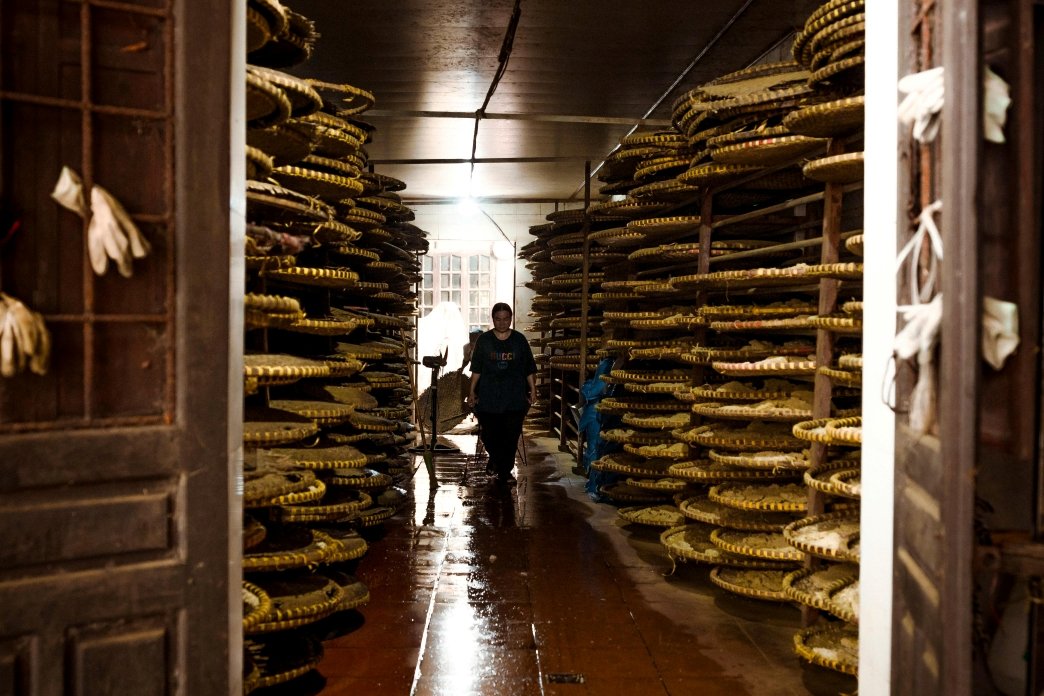Is ISO 22000 Certification Worth It for Small Food Manufacturers?
Many small food manufacturers assume ISO 22000 certification is only for large factories or exporters. The truth? Even small-scale producers can gain significant benefits — but it’s important to weigh the costs, requirements, and long-term advantages.

📌 What Is ISO 22000?
ISO 22000 is an international standard for Food Safety Management Systems (FSMS) that integrates HACCP principles with ISO management systems structure.
It helps businesses:
-
Identify and control food safety hazards
-
Meet regulatory and customer requirements
-
Improve operational consistency and efficiency
✅ Benefits of ISO 22000 for Small Food Manufacturers
-
Market Access Expansion
-
Eligible to supply to supermarkets, hotels, and export markets
-
Increases credibility with distributors and retailers
-
-
Customer Trust & Brand Reputation
-
Proof of commitment to food safety
-
Easier to win contracts with large buyers
-
-
Improved Internal Processes
-
Standardised operating procedures
-
Clear roles and responsibilities for staff
-
-
Regulatory Compliance
-
Helps meet local food laws and international standards
-
Reduces risk of fines or factory shutdowns
-
-
Risk Reduction
-
Prevents food safety incidents and costly recalls
-
Enhances traceability for faster problem resolution
-
⚠️ Challenges for Small Food Manufacturers
-
Certification Cost
-
Audit fees, consultant fees, and training expenses
-
Ongoing maintenance cost for annual audits
-
-
Time & Resource Commitment
-
Staff training and documentation development
-
Management involvement in maintaining the system
-
-
Documentation Requirements
-
Need to maintain detailed records for audits
-
Regular updates to SOPs and hazard analysis
-
💡 How to Make ISO 22000 More Affordable for Small Businesses
-
Start with Gap Analysis to identify what you already comply with
-
Integrate Existing HACCP or GMP systems instead of starting from scratch
-
Use Templates for SOPs, records, and hazard analysis forms
-
Train Internal Auditors to reduce external consultant costs
-
Phase Implementation over 6–12 months to spread expenses
📋 Quick Decision Checklist — Is It Worth It?
-
Do you plan to supply to large retailers or export?
-
Do your customers demand ISO 22000 certification?
-
Can your current team manage the extra documentation?
-
Is food safety a critical selling point for your brand?
-
Do you want to reduce risk and improve efficiency long-term?

💬 Final Thought: For small food manufacturers, ISO 22000 is not just about passing an audit — it’s about building a food safety culture that opens new business opportunities. If your growth strategy involves selling to bigger buyers, the investment can quickly pay off.


